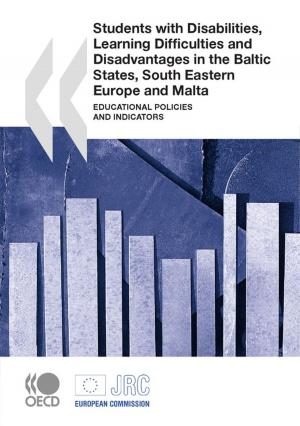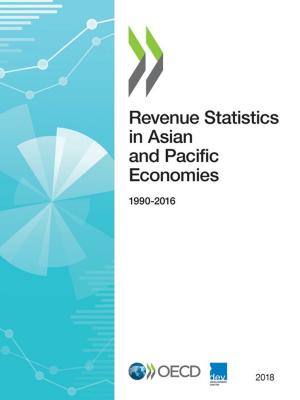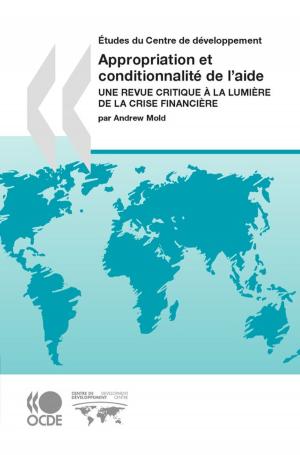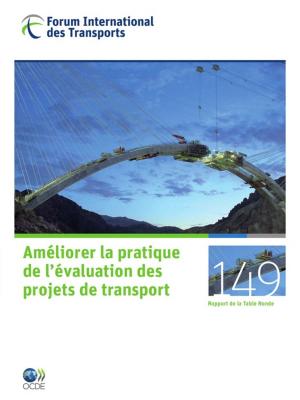| Author: | Collectif | ISBN: | 9789264278776 |
| Publisher: | OECD | Publication: | July 17, 2017 |
| Imprint: | OECD | Language: | English |
| Author: | Collectif |
| ISBN: | 9789264278776 |
| Publisher: | OECD |
| Publication: | July 17, 2017 |
| Imprint: | OECD |
| Language: | English |
Austria is a stable and wealthy economy and growth has picked up following the 2016 tax reform and the recovery of export demand. Employment has expanded, driven by rising participation of women and elderly and by immigration, although hours worked per worker have declined. Nonetheless, like in most OECD countries, productivity has slowed. Boosting potential growth requires reforms in a broad range of areas.
Austria’s transition to a digital economy and society is progressing but is slower than in the most advanced economies. A whole-of-government approach should help embrace change and facilitate the flourishing of innovative businesses, work practices and lifestyles throughout Austria. Digitalisation will redesign production processes and alter the relationships between work and leisure, capital and labour, the rich and the poor, the skilled and the unskilled. Under the aegis of the “Digital Roadmap” they issued earlier in 2017, policy makers will need to ensure equality of opportunities in the race with technology, and find the appropriate level of redistribution of the gains associated with digitalisation to foster social cohesion.
SPECIAL FEATURES: DIFFUSING DIGITAL INNOVATIONS; LABOUR MARKETS IN THE DIGITAL ERA
Austria is a stable and wealthy economy and growth has picked up following the 2016 tax reform and the recovery of export demand. Employment has expanded, driven by rising participation of women and elderly and by immigration, although hours worked per worker have declined. Nonetheless, like in most OECD countries, productivity has slowed. Boosting potential growth requires reforms in a broad range of areas.
Austria’s transition to a digital economy and society is progressing but is slower than in the most advanced economies. A whole-of-government approach should help embrace change and facilitate the flourishing of innovative businesses, work practices and lifestyles throughout Austria. Digitalisation will redesign production processes and alter the relationships between work and leisure, capital and labour, the rich and the poor, the skilled and the unskilled. Under the aegis of the “Digital Roadmap” they issued earlier in 2017, policy makers will need to ensure equality of opportunities in the race with technology, and find the appropriate level of redistribution of the gains associated with digitalisation to foster social cohesion.
SPECIAL FEATURES: DIFFUSING DIGITAL INNOVATIONS; LABOUR MARKETS IN THE DIGITAL ERA















